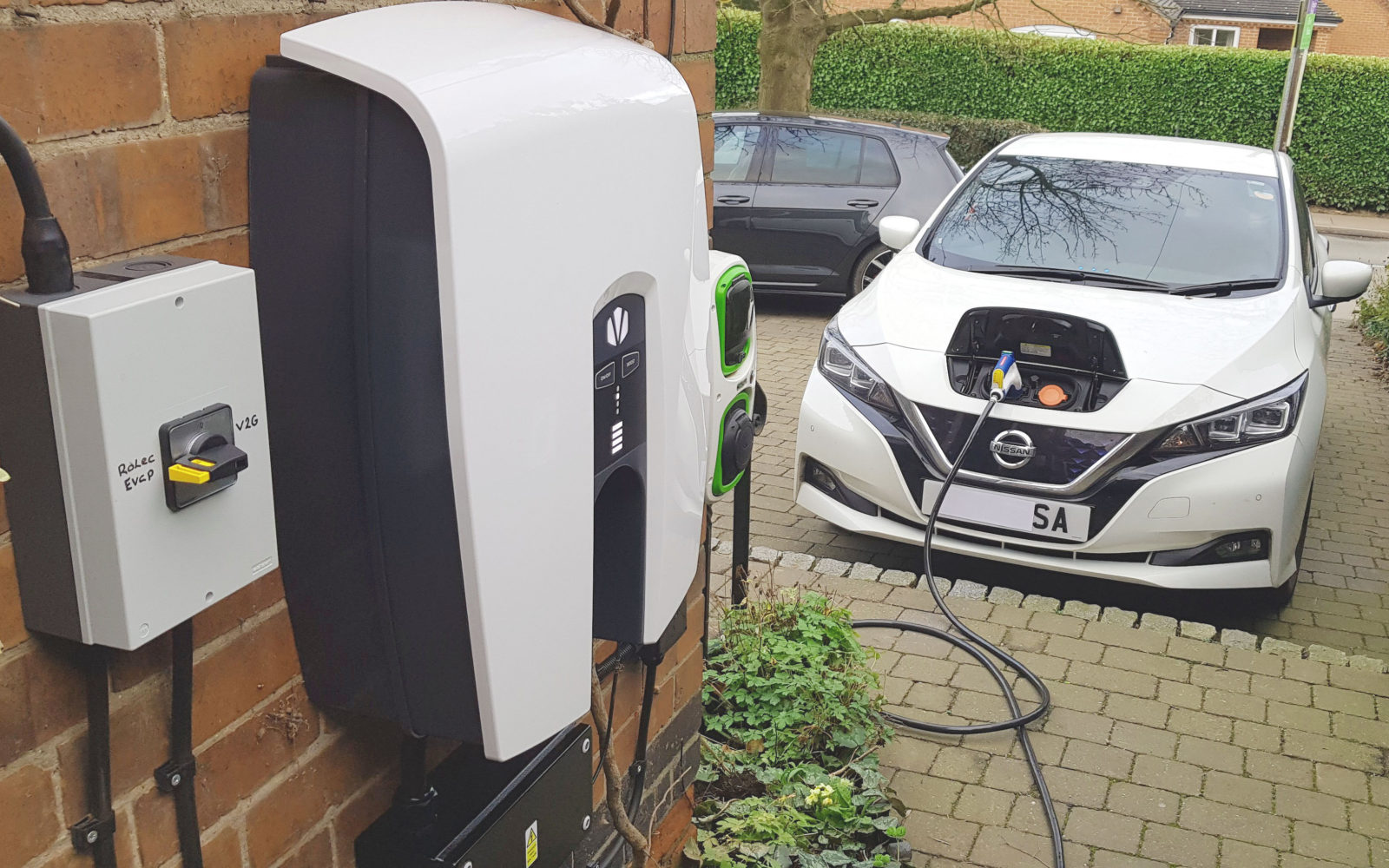
Vehicle-to-grid (V2G) technology has been “reduced down” to making revenue from energy trading despite having a “range of opportunities” and benefits.
This is according to a new review of nine European V2G projects by Cenex. The review, which was funded by Innovate UK, found that the traditional model for V2G of generating revenue through energy trading is only one of a number of opportunities for the technology, highlighting key value propositions such as resilience, the benefits to society, enhanced battery management and self sufficiency.
According to the review, V2G can significantly reduce energy system greenhouse gas emissions, as well as ensure resilience in the event of power outages and prolong the battery life of an EV.
Battery degradation is a contentious topic when discussing V2G technology, as increased cycling takes place for arbitrage, which is likely to increase a battery’s degradation.
Try Premium for just $1
- Full premium access for the first month at only $1
- Converts to an annual rate after 30 days unless cancelled
- Cancel anytime during the trial period
Premium Benefits
- Expert industry analysis and interviews
- Digital access to PV Tech Power journal
- Exclusive event discounts
Or get the full Premium subscription right away
Or continue reading this article for free
However, the review states that whilst V2G for revenue generation is often associated with increased battery degradation, using V2G for grid services that are based on power availability but have low energy usage will “have a limited impact on battery degradation”.
To read the full version of this story, visit Current±.





